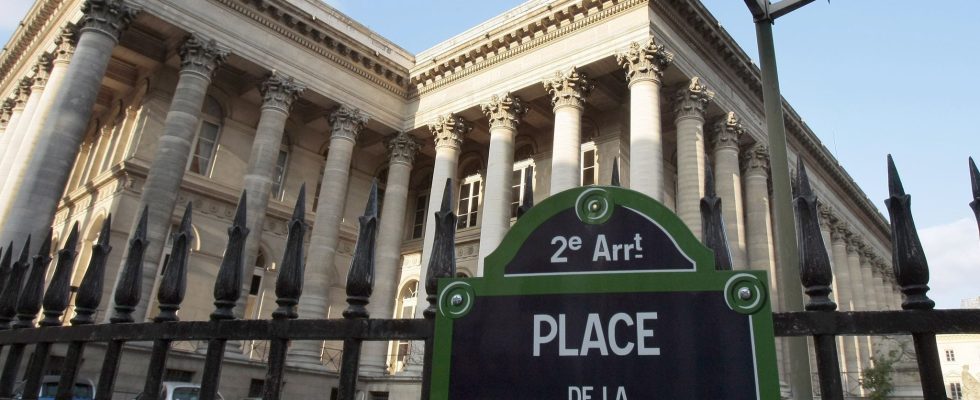Even industry professionals fell off their chairs when they saw the numbers. Since the Lehman Brothers crisis, the loss of speed in European finance compared to the United States is striking, highlights a recent report from the Official Monetary and Financial Institutions Forum and Luxembourg for Finance. Between 2007 and 2021, the market capitalization of banks in the Old Continent has halved, to $1.4 trillion. At the same time, that of their American counterparts increased by 60%, to 2,600 billion. Same observation of decline among European fund managers, whose market share was halved, to 22% when that of their competitors increased from 51% to 70%. First European in the ranking, the French Amundi is in eighth place.
Why such an attack of weakness? “Europe’s response to the financial crisis was to implement much stronger regulation than in the United States. Many blame this straitjacket, explains Nicolas Mackel, director general of Luxembourg for Finance, who recognizes that a “pruning would be welcome. However, it is difficult to say that these constraints are excessive.” After all, when three regional banks went bankrupt in the United States last year, European establishments did not tremble. Except among the Helvetii. However, “with regard to Credit Suisse [NDLR : racheté en catastrophe par UBS]”The main problem was the risk taken in investment banking activities in the United States,” he adds.
Risk appetite
Beyond prudential rules, Europe’s obstacles are also cultural. The taste for risk, that’s what we’re missing! In 2022, 38% of the financial assets of European households consisted of wise investments, such as bank deposits, almost three times more than in the United States. More offensive, Americans are investing more massively in funds and company shares, particularly to finance their retirements, which fuels the business of local asset managers.
The question is not incidental. Bruno Le Maire announced a few weeks ago his wish to present a law in the spring intended to strengthen the attractiveness of the Parisian market. “Regaining financial power is essential to regain competitiveness,” said Ambroise Fayolle, vice-president of the European Investment Bank. With all due respect to the tenant of Bercy, “It would be better to look at how to expand the market for everyone,” maintains Nicolas Mackel. The battle must be fought at EU level.
